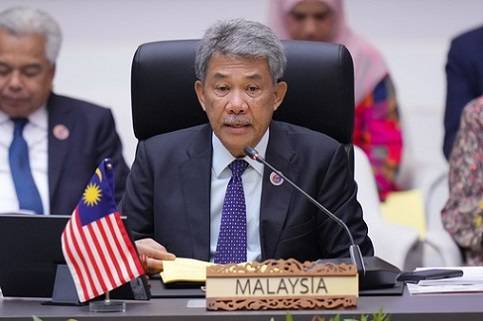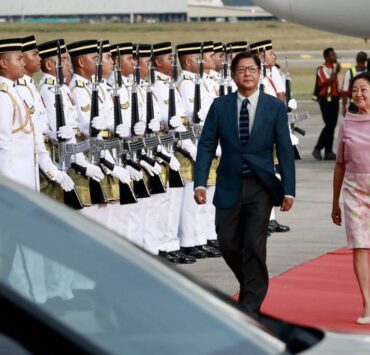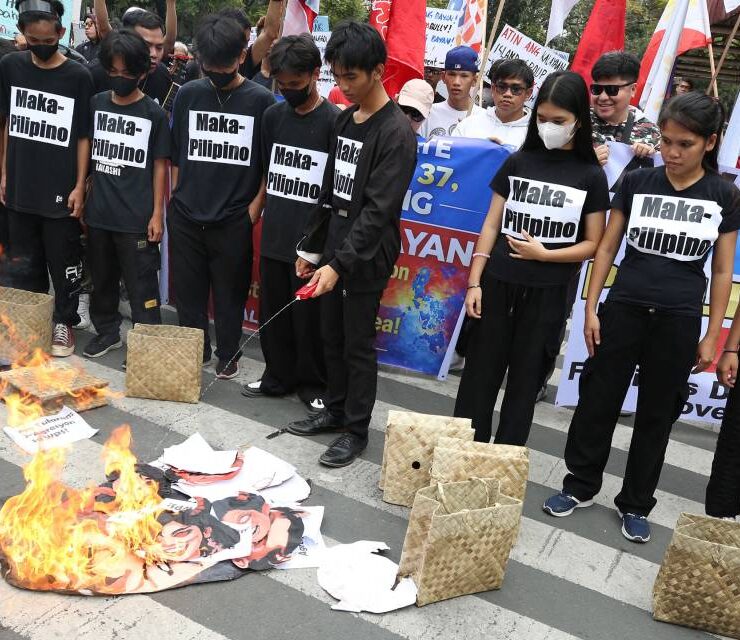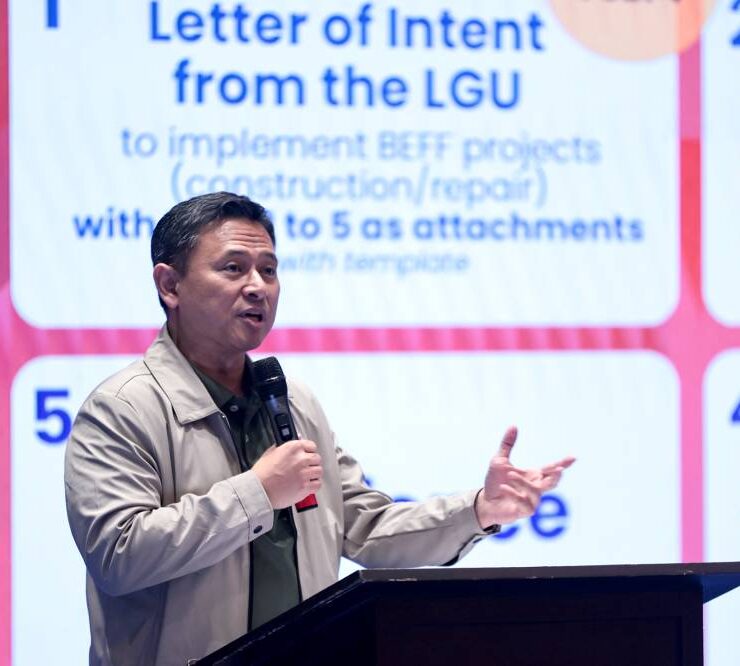Malaysia urges united BLOC amid tariff disruption

KUALA LUMPUR, Malaysia—Member states of the Association of Southeast Asian Nations (Asean) must accelerate regional economic integration, diversify their markets and stay united to tackle the fallout and global trade disruptions from sweeping US tariff hikes, Malaysian Foreign Minister Mohamad Hasan said on Sunday.
“Asean nations are among those most heavily affected by the US-imposed tariffs. The US-China trade war is dramatically disrupting production and trade patterns worldwide. A global economic slowdown is likely to happen,” said Mohamad, opening a meeting of foreign ministers from Asean.
“We must seize this moment to deepen regional economic integration, so that we can better shield our region from external shocks,” he said.
“External pressures are rising, and the scope of challenges has never had higher stakes,” he said. “It is therefore crucial that we reinforce the ties that bind us, so as to not unravel under external pressures. For Asean, unity is now more important than ever.”
Refusal to take sides
Asean countries, many of which rely on exports to the United States, are reeling from tariffs imposed by President Donald Trump ranging from 10 to 49 percent.
Six of the association’s 10 member states were among the worst-hit with tariffs ranging from 32 to 49 percent. This would likely affect the bloc’s targeted growth forecast of 4.7 percent this year, trade officials said.
Asean has not been able to secure a meeting with the United States as a bloc. But when Trump announced last month a 90-day pause on tariffs, countries including Malaysia, Indonesia, Thailand and Vietnam swiftly began trade negotiations with Washington.
Most Asean members have refused to take sides between the United States and China, which are both key regional trading and investment partners.
In a bid to bolster economic partnerships, Asean leaders are also scheduled to hold a joint summit on Tuesday with Chinese Premier Li Qiang and leaders from the Gulf Cooperation Council comprising Bahrain, Kuwait, Oman, Qatar, Saudi Arabia and the United Arab Emirates.
China-Indonesia ties
On Sunday, Li met with Indonesia’s President Prabowo Subianto in Jakarta to discuss ways to expand trade and investment between China, the world’s second largest economy, and Indonesia, Southeast Asia’s largest economy.
Li brought 60 Chinese prominent businesspeople for his address on Sunday evening to the Indonesia-China Business Reception, which was also attended by Prabowo.
“The current international situation is a stalemate,” the premier said. “Unilateralism and protectionism are on the rise, bullying behavior is increasing.”
He called on all countries to seek common ground while resolving differences through dialogue and peaceful coexistence.
Prabowo expressed gratitude to the Chinese government and its companies “that have participated in our economy, created jobs, transferred technology and built trust among all businesses, especially in our homeland.”
He also invited Chinese business leaders to invest more in Indonesia, which wants a larger role in supplying nickel and other raw materials to China’s fast-growing electric car makers.
Trade between the two countries exceeded US$147.8 billion last year, growing by 6.1 percent.
Li said China has been Indonesia’s largest trading partner for nine consecutive years, as he noted substantive progress in Beijing’s Belt and Road program—including nickel smelting plants and Whoosh, the commercial service of Southeast Asia’s first high-speed railway which has been operating since 2023, carrying nearly 10 million passengers.
Stand on Myanmar
Mohamad also reiterated the bloc’s call to warring parties in Myanmar to cease hostilities in a deadly civil war that has killed thousands and displaced millions of people since a 2021 military takeover.
“We call on the stakeholders in Myanmar to cease hostilities, and to extend and expand the ceasefire, to facilitate the long and difficult path towards recovery,” he said.




















